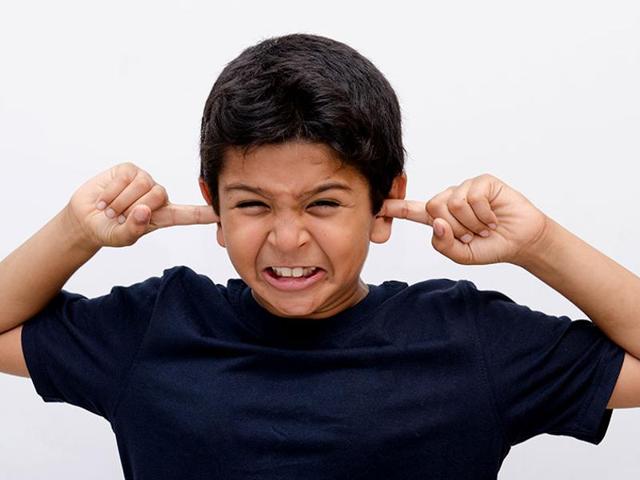Want to increase your child’s intelligence? We tell you how
If you’ve been fretting about your child’s exam marks, here’s something that will interest you. Findings from a new study suggests that your child’s intelligence can adapt to meet increased environmental demands, but when those demands are no longer present, it returns to its previous level.
If you’ve been fretting about your child’s exam marks, here’s something that will interest you. Findings from a new study suggests that your child’s intelligence can adapt to meet increased environmental demands, but when those demands are no longer present, it returns to its previous level. In effect, it means that environmental intervention can increase a child’s general intelligence, but the effects are unlikely to be permanent.

“While both IQ scores and general intelligence can be raised through targeted environmental interventions, any gains are not permanent and fade over time,” said researcher John Protzko from University of California Santa Barbara, US. The research was published in the journal Intelligence.
Read: Check your phone on dinner table? Your kids may not be happy with you
Protzko reviewed the results of a study, Infant Health and Development Program, involving 985 children, all of whom experienced an intense and cognitively demanding environment during the first three years of their lives. The interventions were employed to ameliorate the negative effects of being born at low birth weight.
At age three, the children were given the Stanford-Binet Intelligence Scales (a cognitive ability and intelligence test that measures five weighted factors -- knowledge, quantitative reasoning, visual-spatial processing, working memory, and fluid reasoning-- and consists of both verbal and non-verbal subtests) as a baseline measure of their intelligence. At ages five and eight -- at least two years after the interventions had ended -- they were again given intelligence tests.
The results showed that the interventions had raised the children’s general intelligence at age three. However, by age five the increases were no longer evident. He also noted that this difference in intelligence at ages three and five underscored another issue: causality.
Read: Having a younger sibling can lower your kid’s chance of becoming obese
One theory regarding the development of intelligence suggests that the trait can be correlated between two ages because there is a causal connection: Intelligence at one age causes intelligence at another age. “However, my analysis starts to bring evidence to the idea that intelligence may not be the causal factor we suppose it to be from the correlation work -- at least not in children,” Protzko explained.
Follow @htlifeandstyle for more.
Catch your daily dose of Fashion, Health, Festivals, Travel, Relationship, Recipe and all the other Latest Lifestyle News on Hindustan Times Website and APPs.



